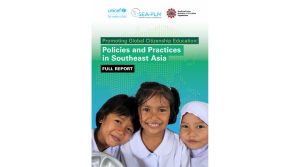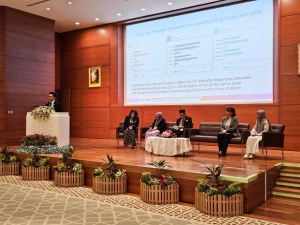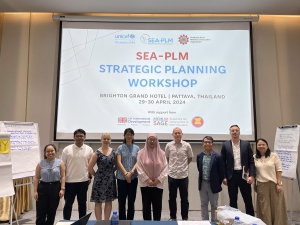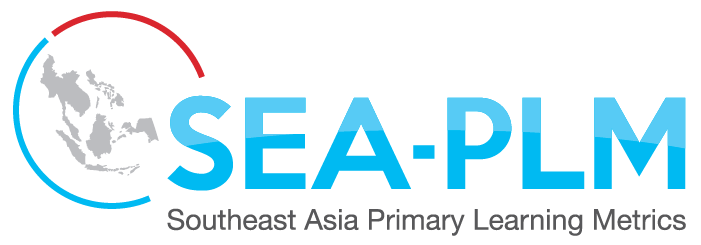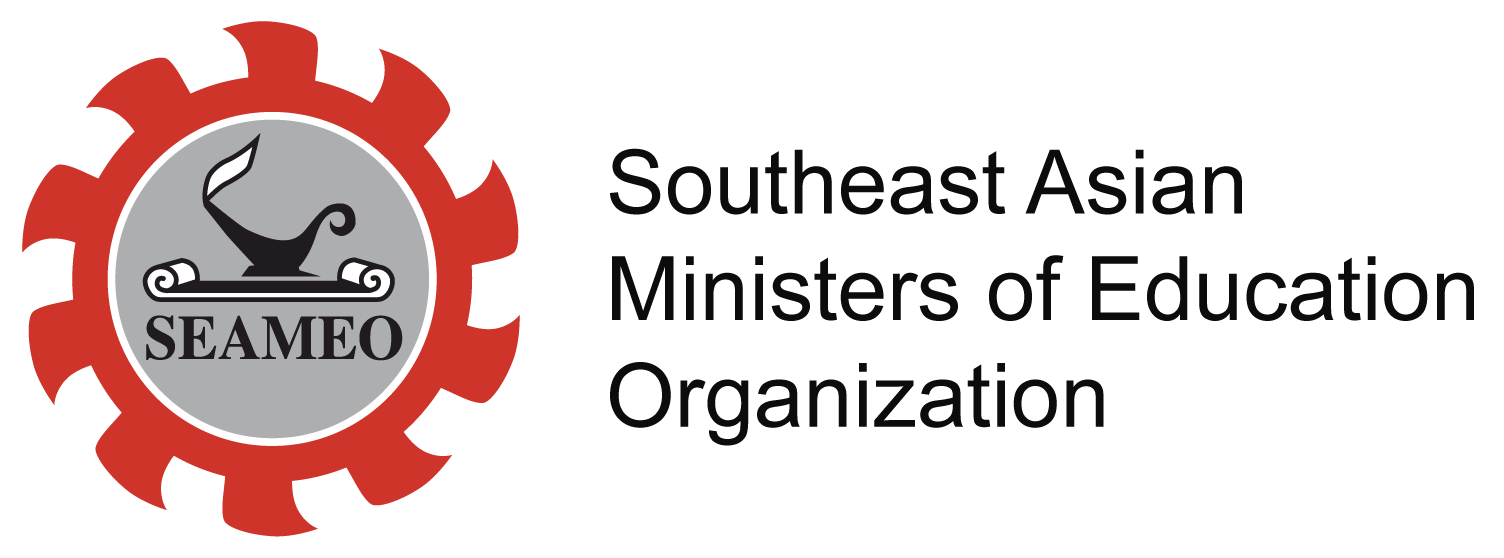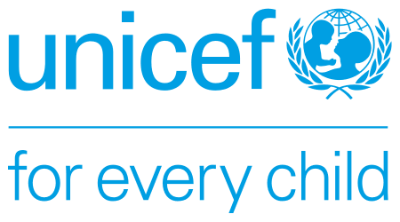SEA-PLM Launches a New Policy Brief on Advancing Global Citizenship Education in Southeast Asia
Many Southeast Asian countries have made Global Citizenship Education (GCED) a national priority, incorporating it into policies and practices in basic education. This implies a deliberate and structured effort to make GCED a significant and integral component of the educational system. The integration, however, varies considerably in scale and approach. These are the major findings of the latest policy brief “Promoting Global Citizenship Education: Policies and Practices in Southeast Asia” produced by the SEA-PLM Regional Secretariat
The report examines the implementation of GCED across various countries, assessing its integration into basic education. The findings offer valuable insights into national practices and strategies, highlighting GCED's role in enhancing equity and quality in education. This report serves as a guide for further exploring GCED's impact and potential in improving basic education in the region.
If you are a policymaker or educator in Southeast Asia looking to enhance your understanding of Global Citizenship Education (GCED) implementation, this policy brief offers invaluable insights and possibilities. Explore the details of the policy brief in the link below:
SEA-PLM spotlights equity issues at the SEAMEO Centres Policy Research Network (CPRN) Summit 2024
Bandar Seri Begawan, Brunei Darussalam | Rizky Ashar. The SEA-PLM highlighted its ongoing effort to address equity and quality issues in basic education at the recently concluded Centres Policy Research Network Summit 2024 held in Brunei Darussalam on 23-25 April. This year's summit gathered education policymakers, researchers, and stakeholders from across Southeast Asia to discuss how to foster inclusivity in key sectors and prepare the region for a future-ready world.
The Southeast Asia Primary Learning Metrics (SEA-PLM) programme shed light on the findings of the SEA-PLM 2019, focusing particularly on equity issues such as learning disparities between boys and girls, characteristics of low-performing readers, teacher workforce, and children’s well-being. Additionally, socioeconomic status exacerbates these disparities, with students from higher socioeconomic backgrounds performing better than those from lower socioeconomic backgrounds. Regarding teachers, the SEA-PLM report identifies numerous challenges, including the need for professional development, improved pedagogical practices, and enhanced instructional strategies. Furthermore, the SEA-PLM findings revealed an intrinsic relationship between creating safe school environments and the improvement of learning outcomes.
These insights stemmed from regional thematic studies aimed at promoting equitable and quality basic education in Southeast Asia. The SEA-PLM programme, as the region’s large scale student learning assessment and capacity building initiative, emphasized the importance of using robust data and evidence to inform educational policies and practices.
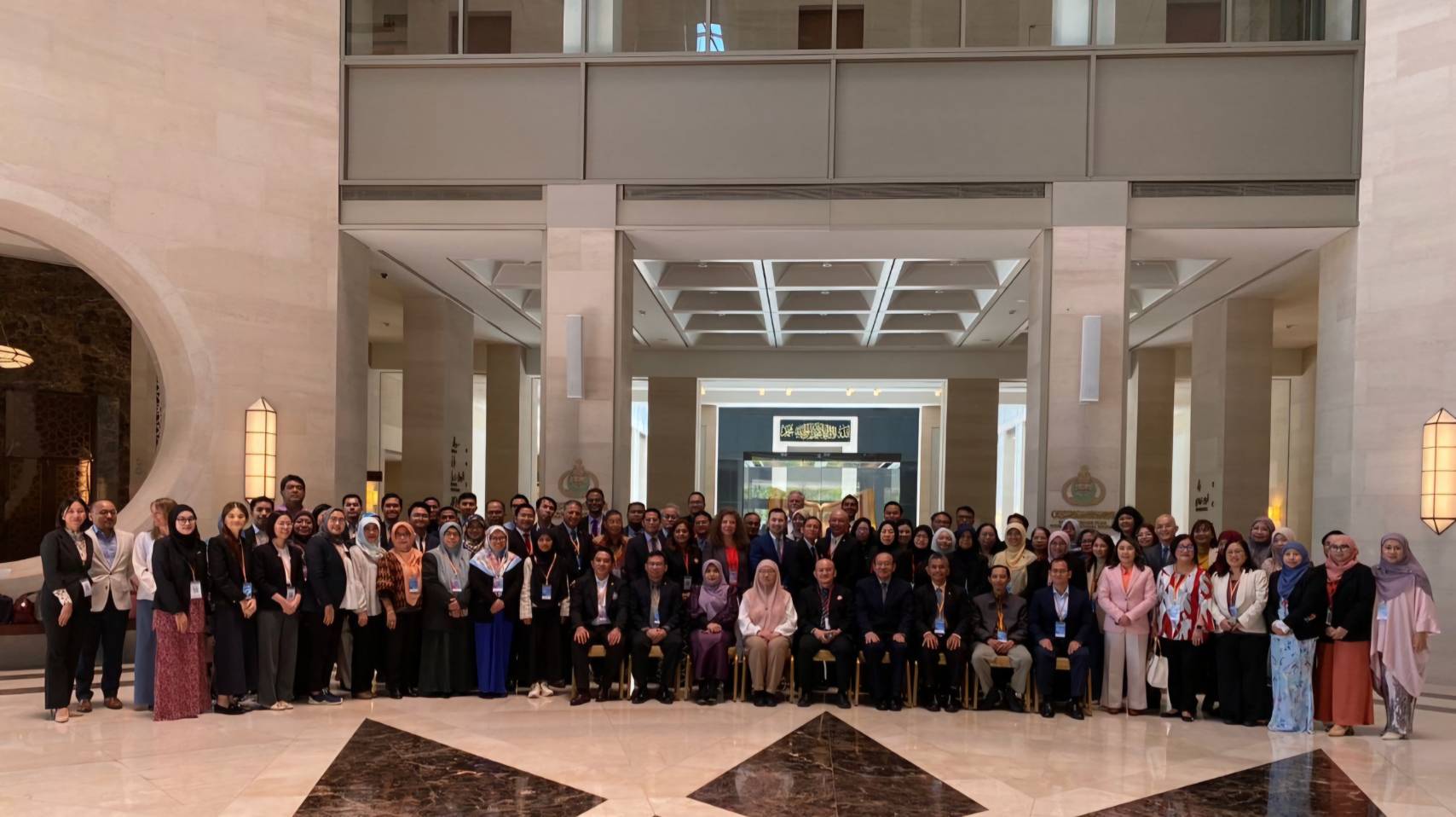
The SEAMEO Centres Policy Research Network (CPRN) Summit 2024 participants and speakers
Mr Alejandro Ibanez, SEA-PLM Project Manager, encouraged the participants to leverage SEA-PLM datasets, methodologies, and tools to advance research and policy initiatives in basic education. He underscored the importance of regional collaboration in tackling the learning crisis and challenges related to education quality and inequities within basic education across Southeast Asia. As the participating countries continue to collaborate through programmes such as SEA-PLM, the region gets closer in accelerating foundational learning through a a fair and inclusive education for every child.
Navigating the Future: SEA-PLM Strategic Planning Workshop to chart the vision for Southeast Asia’s basic education
Pattaya, Thailand | Rizky Ashar & Alejandro Ibanez. The SEA-PLM Regional Secretariat, alongside the programme Co-chairs from the SEAMEO Secretariat, represented by its Director Datuk Dr Habibah Abdul Rahim, and UNICEF EAPRO’s Regional Education Advisor Ms Mitsue Uemura, gathered to craft the next strategic plan for the Southeast Asia Primary Learning Metrics (SEA-PLM) programme, underpinning its continuous growth and impact on learning outcomes and educational policies throughout Southeast Asia on April 29-30, 2024.
With funding support from the UK International Development through the ASEAN-UK SAGE programme, the workshop brought together key stakeholders to engage in comprehensive discussions, review past achievements, and set the way for future developments. The workshop underscored SEA-PLM’s unwavering commitment to enhancing educational quality and equity across the region.
|
|
|
The SEA-PLM Regional Secretariat and its programme co-chairs from SEAMEO Secretariat and UNICEF discussed the strategy development and sustainability framework.
Facilitated by Mr Li Kai Chen, a seasoned consultant with prior experience at McKinsey, the two-day planning workshop in Pattaya was designed to review the current strategic plan while shaping a forward-looking agenda. Through comprehensive discussions, the workshop assessed the strengths, weaknesses, opportunities, and threats of the current program, providing a robust foundation for future enhancements. Visioning sessions on strategy development and sustainability framework facilitated in-depth conversations among participants, leading to the review and development of the revitalised Theory of Change and sustainability framework to ensure alignment with regional educational commitments. Furthermore, the workshop prioritised the identification of key areas and the development of initial work plans for new program pillars.
The 2021 - 2025 plan laid a strong foundation, and it is an important step to make continuous adaptation and improvement. The new plan will build on past successes, address existing gaps, and ensure the SEA-PLM programme remains relevant and effective in the evolving educational landscape.
Looking ahead, the forthcoming strategic plan will build on the successes and lessons learned from the current and previous cycles. It will navigate challenges posed by post-COVID-19 context, while steadfastly accelerating the advancement of foundational learning in Southeast Asia. The insights from the workshop will inform the development of the strategic note, laying the foundation for the sustainability of the programme. With this direction, the outcomes of the workshop will entail enhancing the regional structures of the programme to better align with the long term vision in elevating basic education quality in Southeast Asia.

